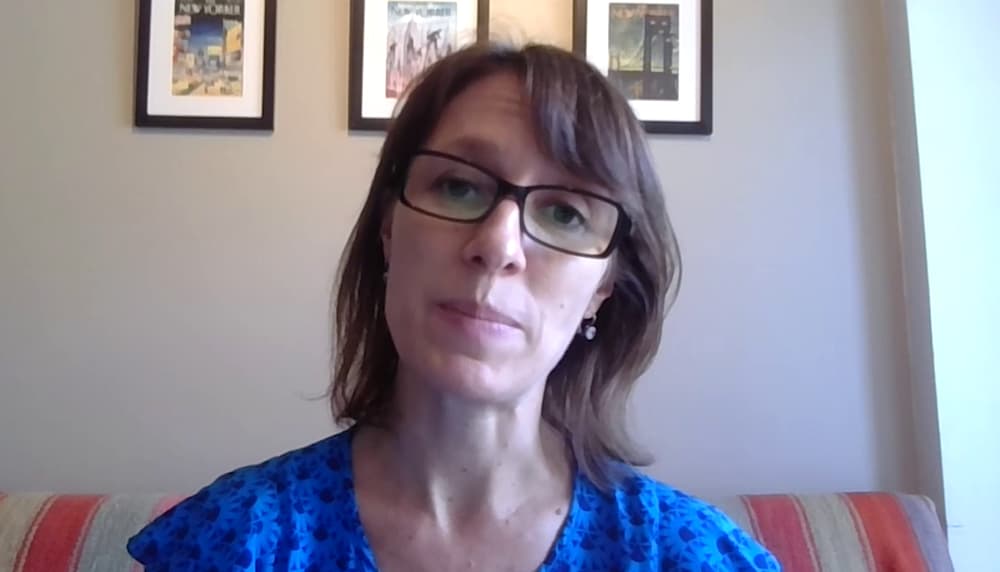The Challenge
Gender inequality exists in much of today’s mining sector. Evidence suggests women are disproportionately burdened by mining’s negative effects while receiving few benefits.
The reasons are varied and complex, ranging from a lack of regulatory frameworks and sector-specific gender equality policies to entrenched social norms and economic inequalities. Women often find themselves excluded from decision-making processes, underrepresented in the mining workforce, and facing discrimination in and around mine sites.
To reach gender equality in mining, women’s voices need to be heard in mining workplaces, affected communities, and wherever important decisions are made. Practically, this requires policies, programs, and actions that minimize mining’s negative impacts on women—often associated with environmental contamination, gender-based violence, and land loss—and support women in communities, at work, and in leadership roles. These changes demand concerted effort from governments, industry, civil society, and multilateral organizations.
While some organizations have developed comprehensive guidance and tools to support positive change, barriers to implementation persist. Progress depends on building broad awareness and consensus among key public, corporate, and civilian stakeholders who are positioned to affect change.
The IGF’s member countries underlined this gap on gender and mining governance at the Secretariat’s 14th Annual General Meeting in 2018. Specifically, government officials pointed to a need for implementation-focused training on sensitization, capacity building, and training for policy-makers and industry actors.
Our Role
In 2020, the IGF and partners launched a 4-week massive online open course (MOOC) on Gender and Mining Governance to raise awareness and develop skills. The course took a multistakeholder approach, with tailored content for governments, mining companies, and civil society to create a more valuable learning experience for each group.
I learned a lot, and I am inspired to be a game-changer in the issues of gender and mining governance. This has added a new goal in my professional life.
– Ndiwo Lorah Lesetedi, Department of Mines, Botswana
The program covered the various elements of gender inequality and discrimination in mining, exploring gender-based violence, women’s participation in decision making, and investment in governance. Participants also learned about opportunities and best practices pertaining to women working in large-scale mining, artisanal and small-scale mining, supply chains, and affected communities.
In addition to lesson plans, case studies, video lectures, and quizzes, the course included an interactive discussion forum for participants to engage with facilitators.
It was a collaborative effort, developed in partnership with the Environmental Governance Programme (EGP)–a joint initiative of the United Nations Development Programme (UNDP) and the Swedish Environmental Protection Agency–as well as UNDP’s Learning for Nature Programme. The program drew a robust team of expert contributors from various organizations, including:
- Extractive Industries Transparency Initiative
- IMPACT
- International Finance Corporation
- International Institute for Environment and Development
- International Women in Mining
- KIT Royal Tropical Institute
- Natural Resources Governance Institute
- Pauktuutit Inuit Women of Canada
- Oxfam’s Extractive Industries Global Program
- Source International
- Sustantum
- Transparency International
- United Nations Population Fund
Our Impact
The course achieved a broad global reach, with more than 1,300 policy-makers (24%), academics (16%), and industry professionals (30%), and others enrolling from 90 countries. Importantly, participant feedback showed the course resonated:
- 98.2% of graduates said they were extremely satisfied or satisfied with the course.
- 92.9% of graduates indicated they felt highly engaged or engaged with the material.
- More than half of graduates (52.3%) said they influence policy in their job
- 97.5% of whom said they would use what they learned in the course to influence policy going forward.
Lively discussion forums saw more than 1,100 participant messages during the program. Expert facilitators used the forum to answer questions and share supplemental resources while peers shared experiences and plans to further gender equality in their respective countries and spheres of influence. The virtual platform was especially effective during the global COVID-19 pandemic, allowing participants to safely attend and proceed at their own pace amid disruptions to travel and large gatherings.
I have definitely received tools that I will implement both when developing our newly founded community and participating in negotiations with stakeholders.
–Gulzhan Kozhabayeva, lawyer and founder, Women in Mining Kazakhstan
Facilitators prioritized equipping participants with tools to:
- Evaluate the impact of mining projects on communities with a focus on women
- Assess the importance and benefits of women’s participation and engagement in mining for communities, companies, and governments
- Outline the measures that can effectively eliminate gender-based violence in mining-affected communities
- Understand how investment in gender in mining governance can lead to stable and resilient communities.
Some institutions used the course to supplement their ongoing work, such as Argentina’s Secretariat of Mining. As that body ramped up gender sensitization and capacity building for staff and provincial administrations, the course provided enriching and in-depth resources to “learn and incorporate new concepts, new tools, and new approaches in our work,” explained Mariela Caffarena, a participant from the secretariat’s Community Development Directorate. One great feature, according to Soledad Laclau from the same department, was the tiered approach that enabled people to understand three different perspectives: civil society, governments, and industry.
Participants also requested that the course be facilitated in other languages to increase accessibility. Accordingly, the IGF and partners mobilized to facilitate the course’s second iteration in English, French, and Spanish beginning in September 2021. The new edition also includes additional lectures on gendered impacts from new mining technologies, COVID-19’s effects on women in artisanal and small-scale mining, more in-depth information on how to account for the gendered impacts and conducting assessments, as requested by course participants.


